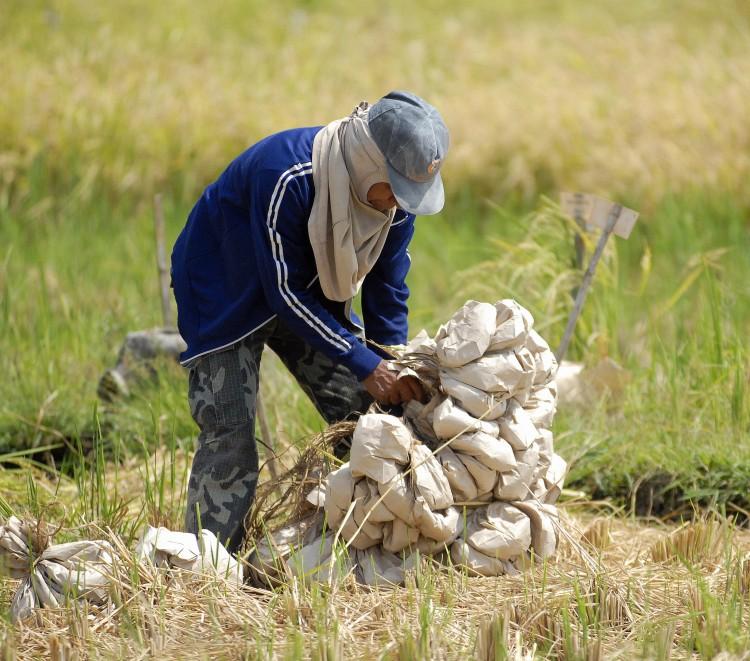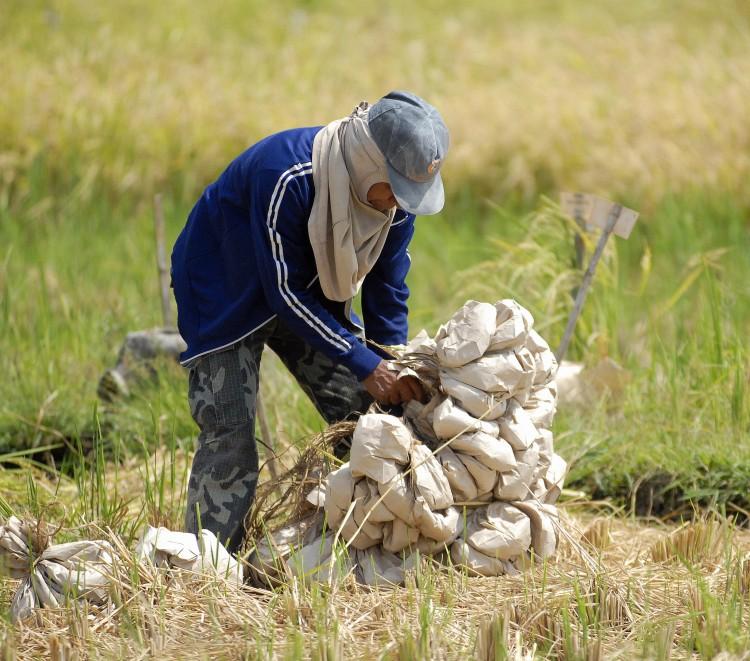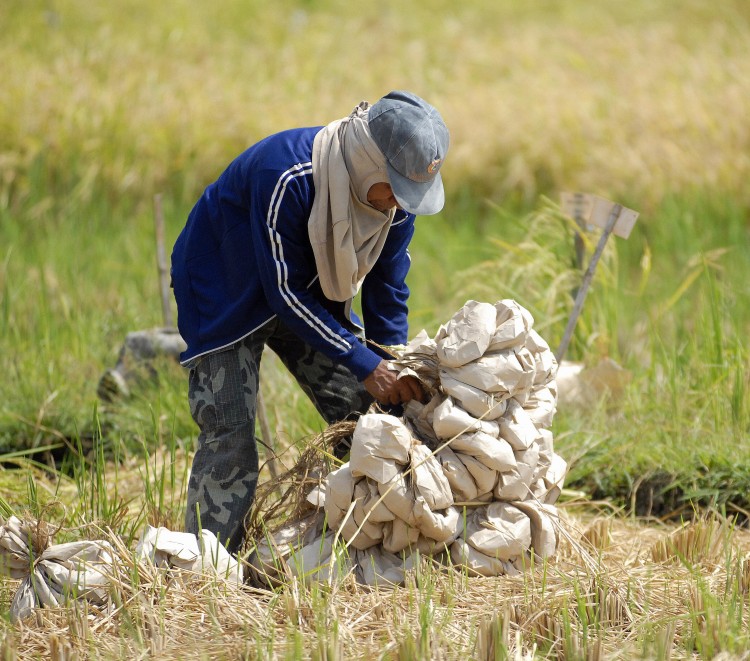A Canadian government proposal that would allow in low levels of contamination from genetically modified foods from other countries is raising concerns among activist groups.
The proposed policy on “low-level presence” (LLP) relates to the unintended presence in low amounts of unapproved genetically modified (GM) material in imported food.
“We think that’s a huge concern from a health safety standpoint. There is no justification for this policy from a public health point of view,” says Lucy Sharrat, coordinator of Ottawa-based Canadian Biotechnology Action Network (CBAN), which is taking part in a government stakeholder consultation on the policy.
“The government is very clear that this is trade policy, and our position is that this is clearly trade policy that sacrifices food safety,” she says.
The proposal stems from an industry concern that the inevitable presence of traces of GM in imported food that has been approved in one country but not in the country of import could disrupt international trade.
According to U.K.-based Graham Brookes Consulting, a 2006 incident involving EU imports of rice from the United States in which traces of yet-unapproved GM material were found and the subsequent rejection of the imports cost the EU rice sector roughly $175 million in the years immediately following the incident.
Another incident involving EU imports of American maize that contained traces of unapproved GM is estimated to have cost the EU livestock sector about $2.5 billion, according to researchers with the Wageningen University and Research Center in The Hague.







